Search for eePROs here!

Search for eePROs by interest, location, role, and more.

Search for eePROs by interest, location, role, and more.
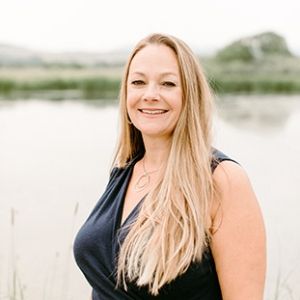
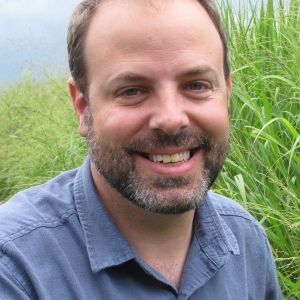
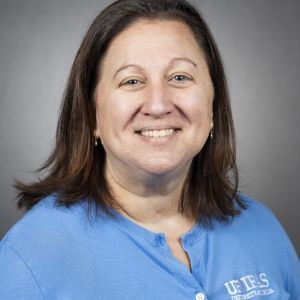

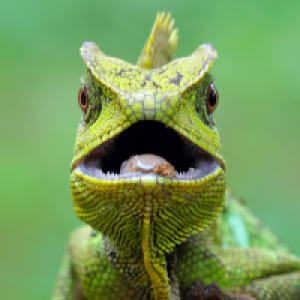
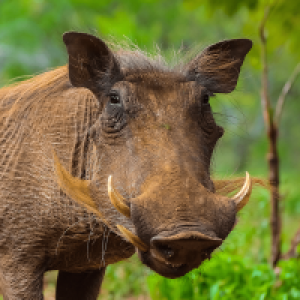
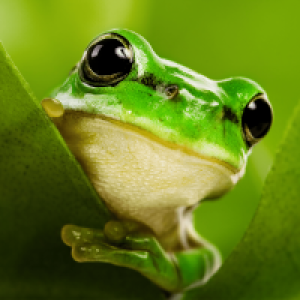
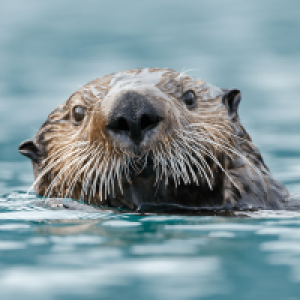
Joe is a Welsh ecologist and Rights of Nature campaigner with a background in ecology and environmental biology and a passion for greater inclusion, transparency, and fairness in conservation and environmental governance. He recently won a Green Heart Hero Award, the UK’s leading climate and sustainability awards, for his work engaging stakeholders in Wales in discussions on nature recovery. A first-language Welsh speaker and a proud Cardi, he enjoys exploring the links between local culture and nature and will always say yes to a story over a paned. When not having a paned or at his desk, you will find him near, on, or in the water, the place he says he feels most at home. Joe works as a freelance consultant on several nature projects in his native Wales and internationally. In addition to his work, Joe serves as Vice President of the Board for Reserva: The Youth Land Trust, Chair of the Advisory Council for National Trust Cymru, a member of the Wales Council for Outdoor Learning and Board of Trustees for Small World Theatre.
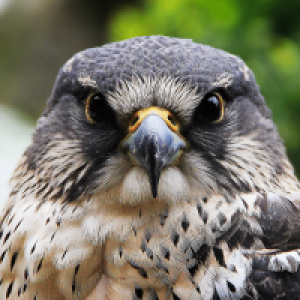
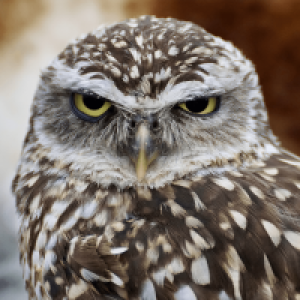
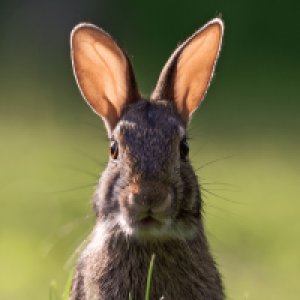



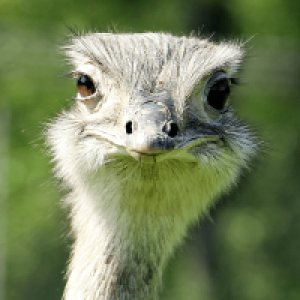


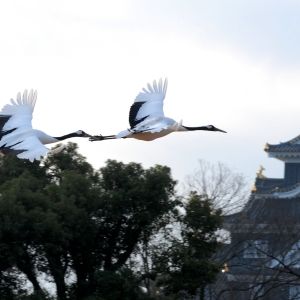
The Okayama ESD (Education for Sustainable Development) Promotion Commission is the network of various stakeholders, including universities, civic organizations, businesses and local governments in Okayama area in Japan. Since its establishment in 2005, it has been collaborating to make ESD a community-driven initiative in the area with the aim of establishing a community in which people learn, think and act together toward the realization of a sustainable society.
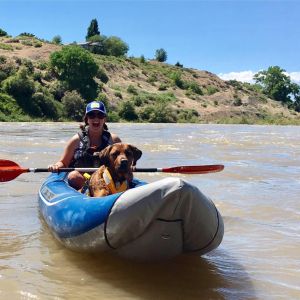

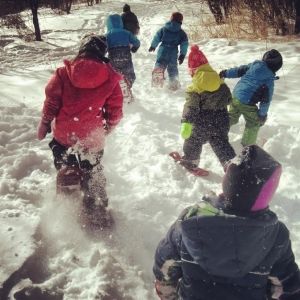

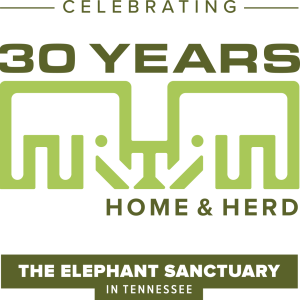

I am a PhD student at Antioch University-Graduate School of Leadership & Change. My research work is focused on Dance as a relational dialogue with which we can re-create a positive relationship with Nature, building regenerative futures.
It's all about connection, colaboration and celebrating new intersections, leading to stronger global community networks.